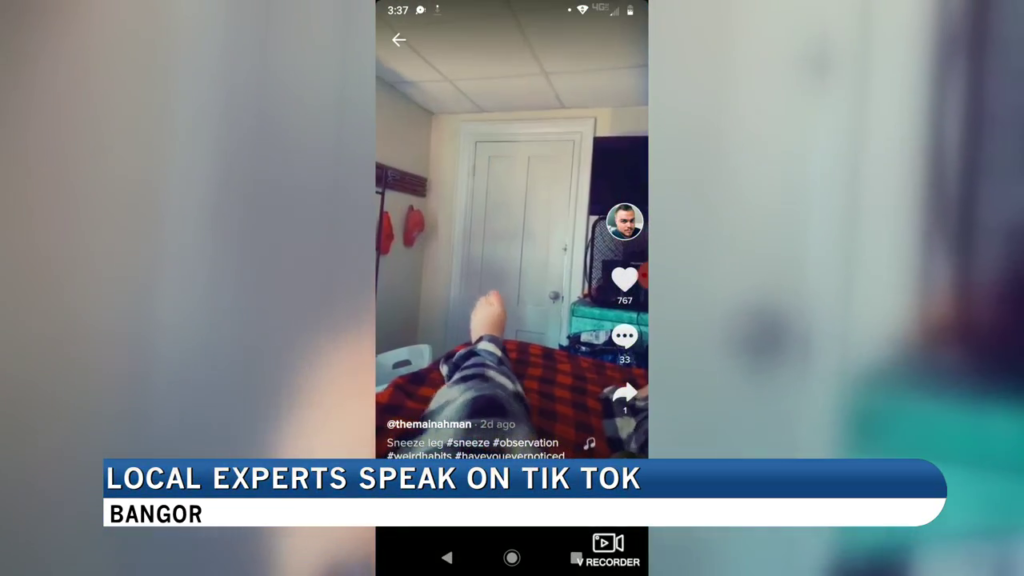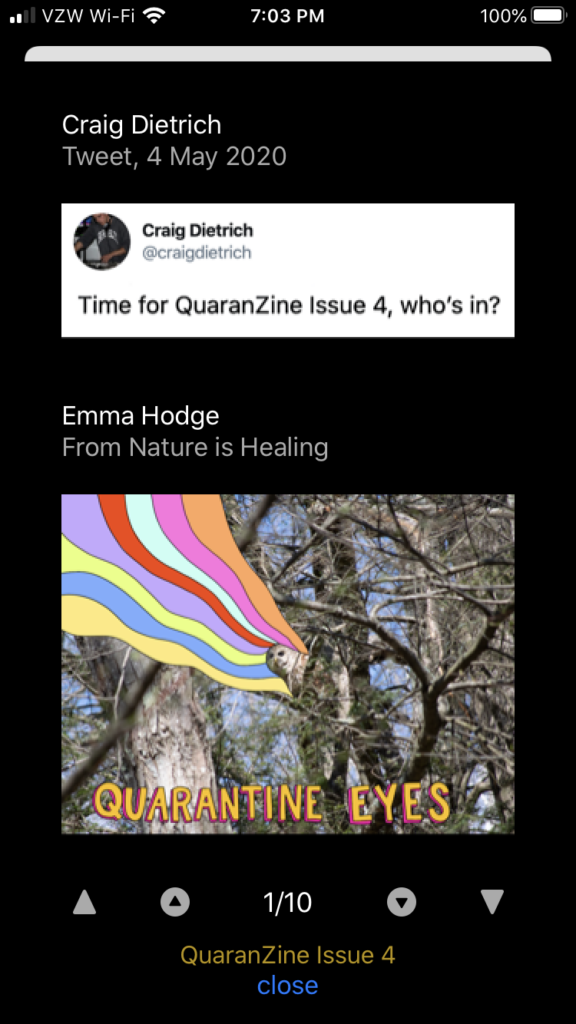Is TikTok a phantom menace?
Is the US government right to outlaw TikTok because it might share data with a foreign power, or is the security threat overstated? News outlets interviewed Still Water faculty to get a different take on a proposed ban on the popular social media app.
Is TikTok a phantom menace? Read More »



